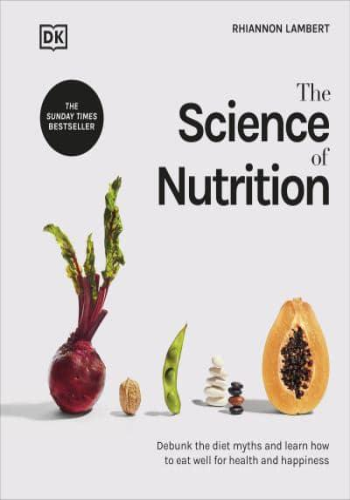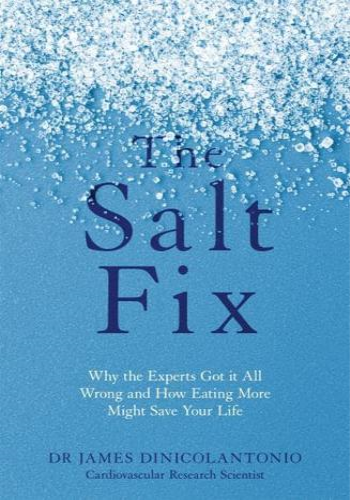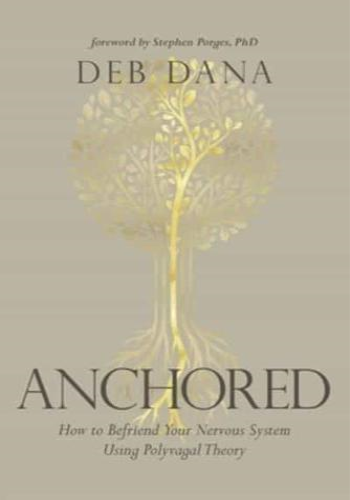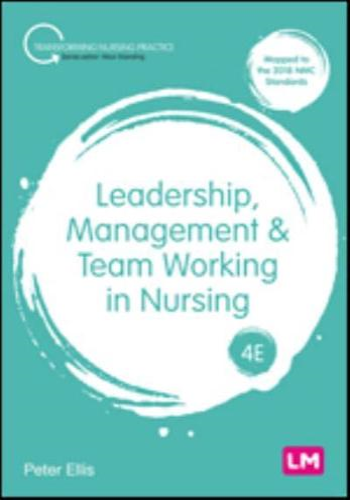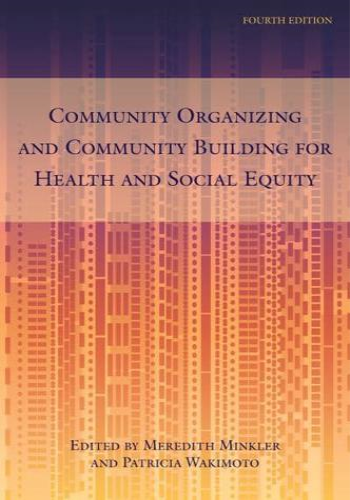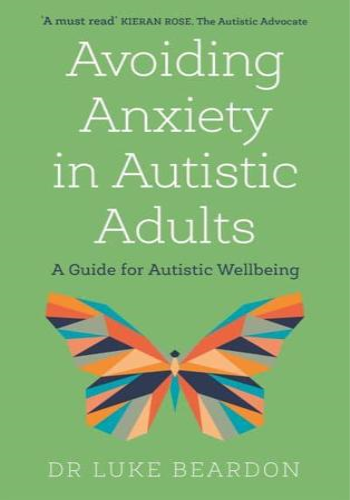'Dr DiNicolantonio takes us away from hype and hyperbole to a place of rationality as it relates to salt. This extensively researched text lets us finally erase the guilt all of us felt when catering to our desire for this important mineral.' David Perlmutter, MD, bestselling author of Grain Brain and The Grain Brain Whole Life Plan
A leading cardiovascular research scientist upends the low-salt myth, proving that salt may be one solution to - rather than a cause of - the chronic disease crisis.
We've all heard the recommendation: no more than a teaspoon of salt a day for a healthy heart. But there's one big problem with this: the majority of us don't need to watch our salt. For most, salt protects against a host of aliments, including internal starvation, insulin resistance, diabetes and heart disease - not to mention, it tastes great. Dr DiNicolantonio reveals the eye-opening story, a never-been-told, century-spanning drama of competing egos and interests, of how salt became unfairly demonised. (The real culprit? Another white crystal - sugar).
Sure to change the conversation about this historically treasured substance, The Salt Fix elegantly weaves research into a fascinating new understanding of salt's essential role in your health and what happens when you aren't getting enough.
Dr DiNicolantonio shows how eating the right amount of this essential mineral will help you beat sugar cravings, achieve weight loss, improve athletic performance, increase fertility and thrive with a healthy heart. Finally, he offers a transformative six-step programme for re-calibrating your innate salt thermostat so that you can simply listen to your cravings to achieve your ideal salt intake.
